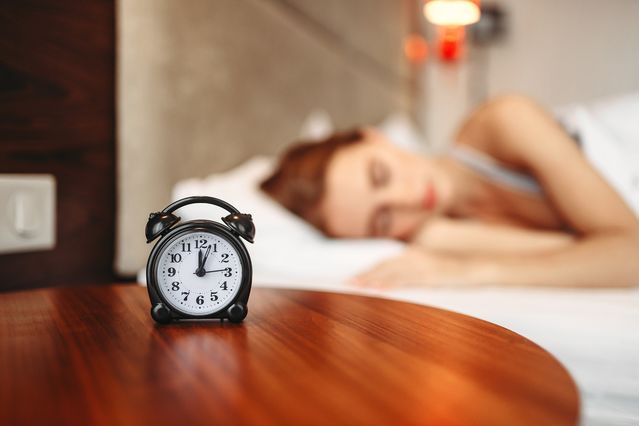Sleep
The Surprising Link Between Sleep and Heart Attacks
Research shows a link between changes in sleep and heart health.
Posted November 8, 2019 Reviewed by Devon Frye

This past weekend, most of us participated in daylight savings by turning our clocks back an hour. If you did participate, you gained an extra hour of sleep—but what you probably didn’t know is that you also reduced your risk of a heart attack (at least temporarily).
A study conducted in 2013 tracked rises and falls in heart attack rates before and after daylight savings and found that in the fall, when we gain an hour of sleep, heart attack rates immediately drop by 21 percent! That’s the good news. The bad news is that in the spring, when we set our clocks forward and lose an hour of sleep, heart attack rates immediately spike by 24 percent.
This study’s results provide a vivid demonstration of how important sleep is for heart health. Generally speaking, the more sleep you get each night, the more you reduce your risk of heart disease. For example, a meta-analysis conducted on half a million people found that those who regularly got 6 hours or less of sleep a night were 48 percent more likely to die of a heart attack than those who got 7 to 8 hours a night.
So why is sleep linked with heart health?
Scientists are still trying to determine exactly why sleep deprivation puts people at risk for heart disease. One explanation is that when we aren’t getting enough sleep, our body spends more time in the highly stressful “fight or flight” mode. This results in more harmful cortisol flooding our body’s plumbing system (aka our veins and arteries). It also decreases our growth hormones which aid in healing.
Another explanation is that sleep gives your heart a chance to rest and recover from the day, just like it does for the rest of your body and your brain. When we sleep, our heart rate slows and our blood pressure goes down—resulting in less strain on the heart.
But, a word of warning—like most things in life, you can have too much of a good thing. People who regularly sleep more than 9 hours a night have a greater risk of heart attacks than those who sleep 7 to 8 hours.
Does this mean sleeping in is bad for your heart? Not necessarily. It's possible that what's going on here is that some other underlying disease (like sleep apnea) is causing both the excessive sleep and the extra strain on the heart. But it does mean that if you are regularly sleeping 9+ hours a night, you should talk to your doctor to see if there is an underlying medical problem.
Heart disease is the number one killer in America, which means we all could stand to boost our heart health. Sleep is an easy way to do that. A five-year study found that just one additional hour of sleep each night reduced blood pressure by 16.5mm Hg and decreased the odds of artery calcification (a leading cause of heart attacks) by 33 percent.
So don’t wait for that one day a year to get an extra hour of sleep—try your best to do it every night.


